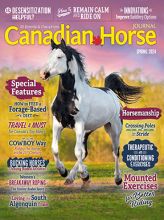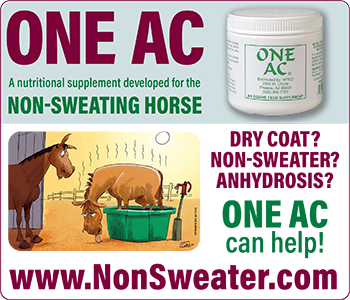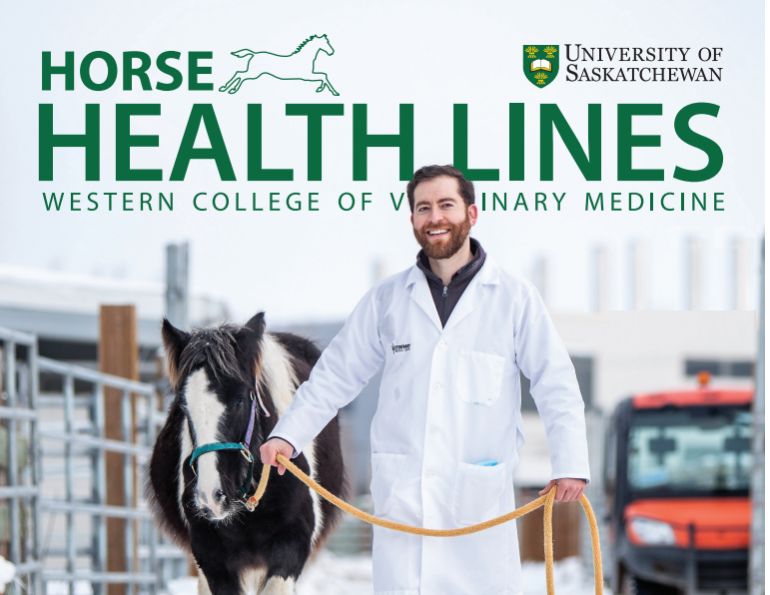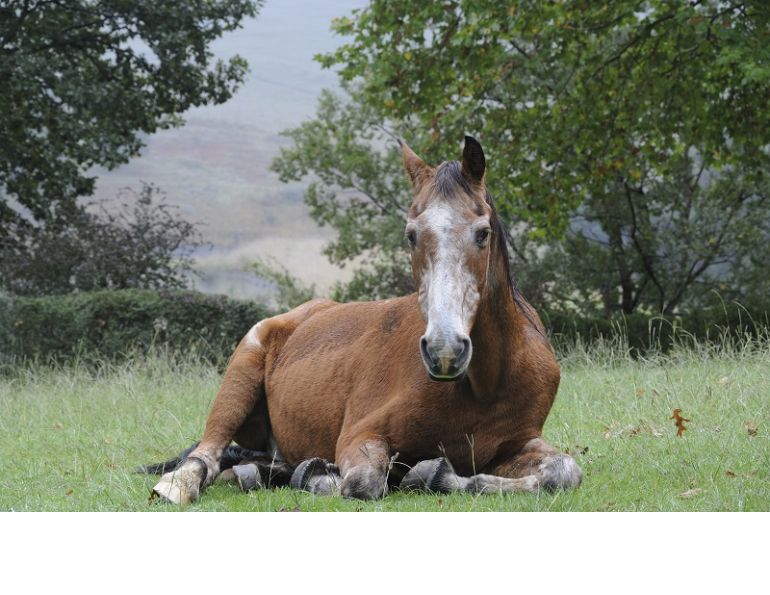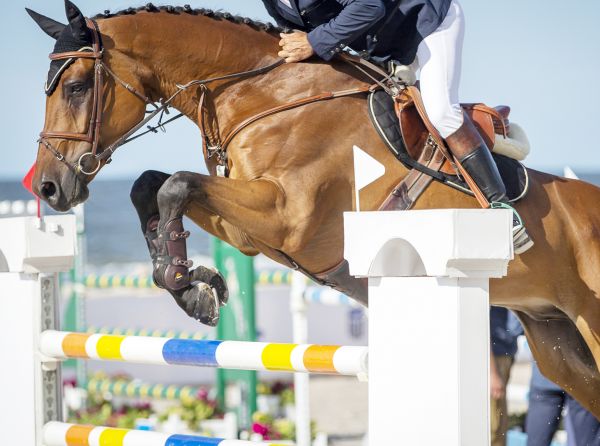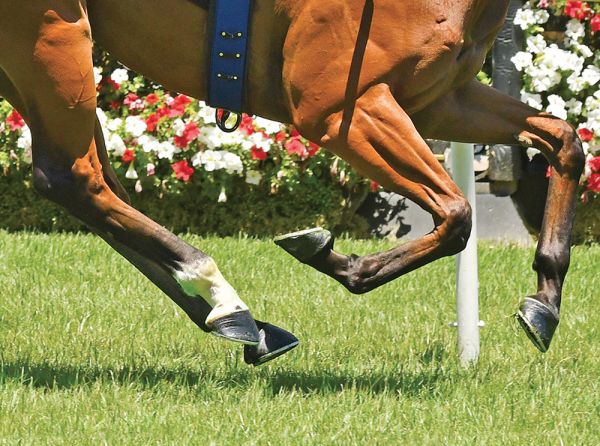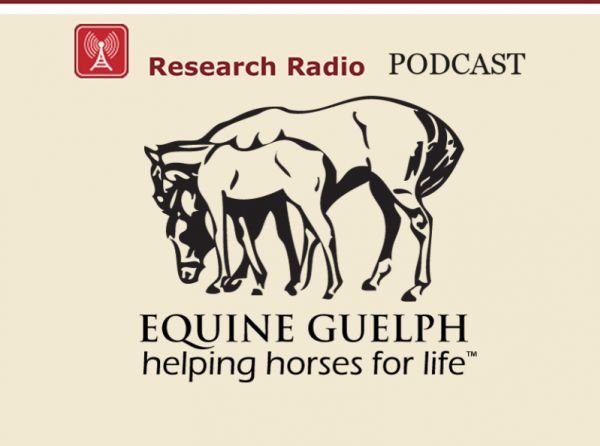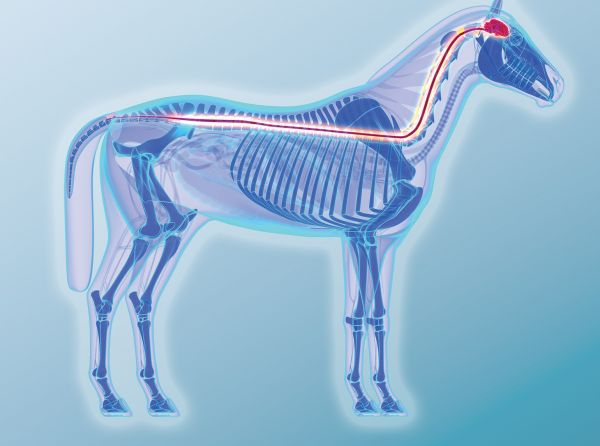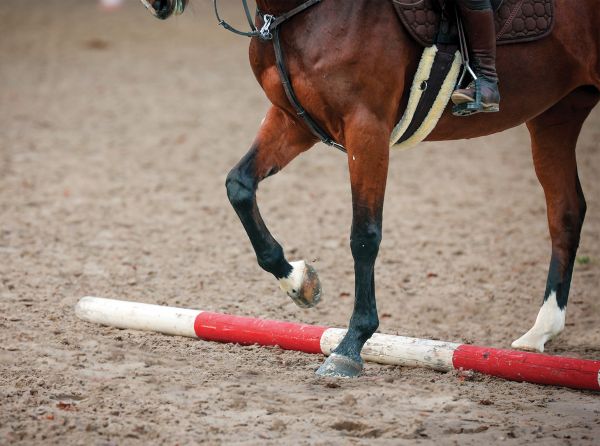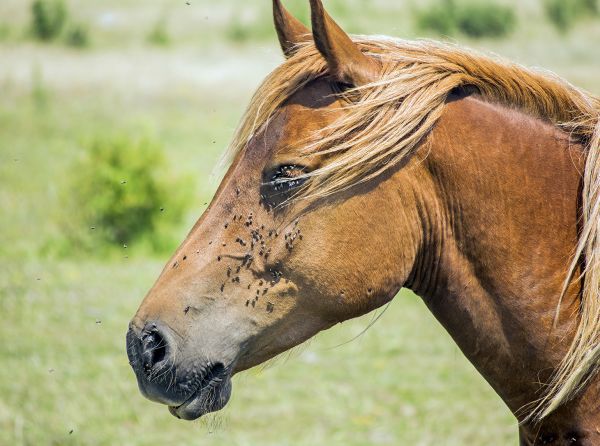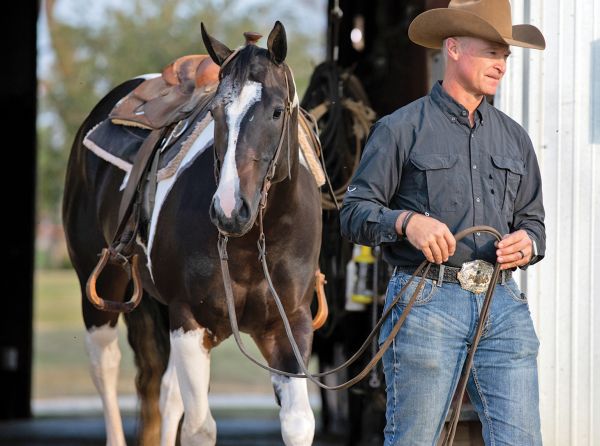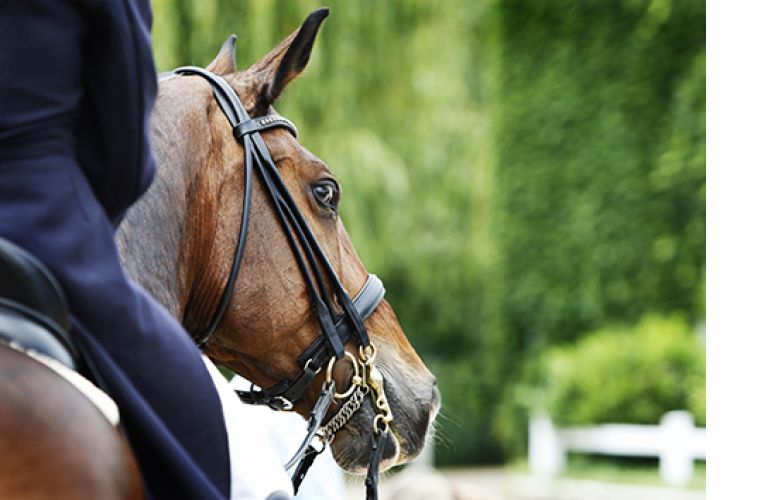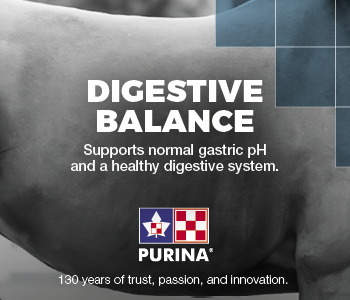By Robyn Moore, Horse Industry Association of Alberta*
Horses require access to free choice, clean water at all times and in all seasons, and will drink an average of 30 litres of water per day. Many horses’ diets see an increase in dry feed matter, like hay, during the winter months. As a horse requires three litres of water for every kilogram of dry matter they eat, although horses drink less in cold weather, adequate water consumption remains a priority.
Forcing horses to get moisture from eating snow is counter-productive. In addition to the fact that an average of ten times as much snow must be eaten to provide an equivalent amount of water, horses must use precious body heat to melt the snow. Horses on snow-covered pasture will receive a certain amount of fluid through the snow they ingest, but not enough to satisfy their daily requirements.
The best solutions for winter watering are an automatic waterer with a heating element, or some kind of trough with a floating or immersed heater. This will keep water from freezing in cold temperatures and, ideally, provide water that is slightly warmer, and therefore more appealing to the horse. A research project completed at the University of Pennsylvania’s New Bolton Center proved that ponies, when offered warm water or near-freezing water, drank 40 percent more warm water.
Whatever your water source, check it regularly, especially during extreme cold, and have a plan for a back-up watering system in the event of a failure. If your trough heater or automatic waterer goes on the fritz, heated buckets might get you by until repairs or replacements can be made. These heated buckets are also handy if you need to keep a horse indoors for a period of time, and don’t have a heated barn or automatic stall waterer. As winter storms can wreak havoc with our electrical system, it’s also a good idea to have a plan in place for watering during a power outage. This might be a generator, or hauling water in small amounts and placing it in a well-insulated container, out of the wind.
Horses can last only a few days without water and the effects of dehydration can easily go unnoticed during winter months. As it is difficult to tell how much a horse is drinking when you use an automatic waterer, or if you have multiple horses drinking from one trough, watch carefully for any signs of dehydration.
Performing the pinch test is one way to assess body fluid level. Grasp a fold of skin along the horse’s neck between your thumb and forefinger, raise it up away from the body and then let go. When hydration is good, the skin will snap quickly back into place. A "standing tent" of a longer duration indicates dehydration. Keep in mind that older horses may naturally have less skin elasticity. Outward symptoms of dehydration that can be seen without actually touching the horse are sunken eyes and a tucked up appearance in the flank.

The best solution for winter watering is an automatic waterer with a heating element, or some kind of trough with a floating or immersed heater. Photo: Jennifer Whittle, University of Kentucky/eXtensionHorses/Flickr
There are two common complications resulting from inadequate water consumption during cold weather. The first is decreased feed intake. Even if good quality feed is offered, the horse will cut back on consumption if it is not drinking sufficient water. If less feed is consumed, the horse might not consume enough energy to tolerate the cold weather, and this can result in weight loss despite adequate nutrition being offered.
The second, and potentially more harmful complication, is impaction colic or constipation. Both the feed material during digestion and the fecal contents after digestion must maintain adequate moisture levels. If they become dry they do not move through the intestinal tract in a timely manner and can cause an intestinal blockage (impaction).
If you have a horse that tends to not drink enough water in winter, even warm water, consider adding a well-soaked feed to their diet like beet pulp or hay cubes. Both of these feeds provide high levels of fibre which will increase the horse’s ability to stay warm and the added liquids will increase total fluid intake.
Increasing salt intake will also encourage a horse to drink more. The idle, adult 1,000-pound horse should be consuming about two ounces of salt per day. Provide horses free choice trace mineralized salt, preferably in a loose form as opposed to a salt block. For horses on a daily grain ration, loose salt may also be added to their feed.
Know your horses and be creative...
Last winter a pregnant mare was frequently experiencing mild bouts of colic, typically in the middle of the afternoon. The owner knows that this particular horse, for whatever reason, prefers to drink from a trough as opposed to the automatic waterer. Although it created some extra work, she kept a trough filled and heated through the winter and the bouts of colic disappeared.
The owner of a different horse, one who had more serious colic episodes every winter, found that adding some flavour to the horse’s water encouraged her to drink more. This is a common trick used by travelling equestrians to mask the unfamiliar flavour of water away from home, but worked very well as a winter watering solution. Some experimentation may be required to find a flavour that suits your horse, but peppermint extract, molasses, apple cider vinegar, some Kool-Aid flavours, and carrot, apple or grape juice are some options that have worked for others.
Although we may spend a little less time with our equine friends during the winter months, and demand less of them, a constant supply of clean, fresh water is an essential element of good horse care.
*The Horse Industry Association of Alberta (HIAA) is former organization (no longer active) in Alberta, committed to providing a unified voice for the Alberta horse industry and strengthen it through advocacy, education, and research, with the vision of a growing, profitable industry, recognized nationally and internationally.
Main Article Photo: Downatthezoo/Flickr - Snow is not an adequate source of drinking water for horses.


